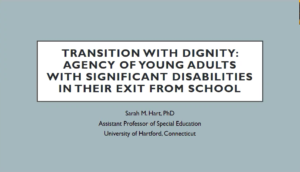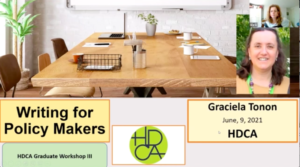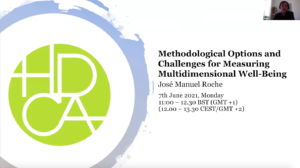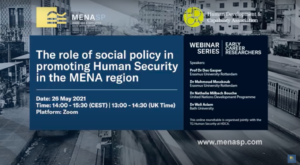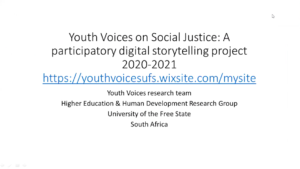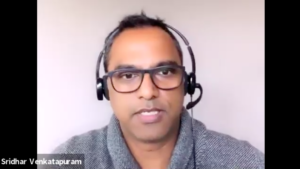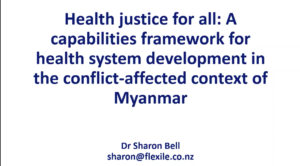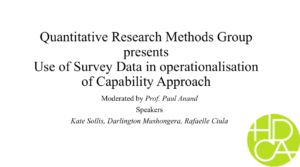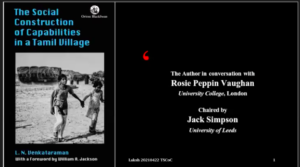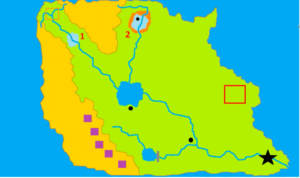June 9, 2021
Speaker: Sarah Hart, University of Hartford, CT
While many young adults look forward to leaving school with a sense of both excitement and apprehension, individuals with significant disabilities may approach this critical life stage far more passively. This webinar describes how the capability approach framed qualitative research studies conducted on the perspectives of young adults with significant disabilities living through these experiences in the United States and Aotearoa New Zealand. Opportunities are examined for dignified transition procedures that benefit individuals and lead towards a more equitable society.
HDCA Webinar 2021 Health and Disability HDCA Videos
